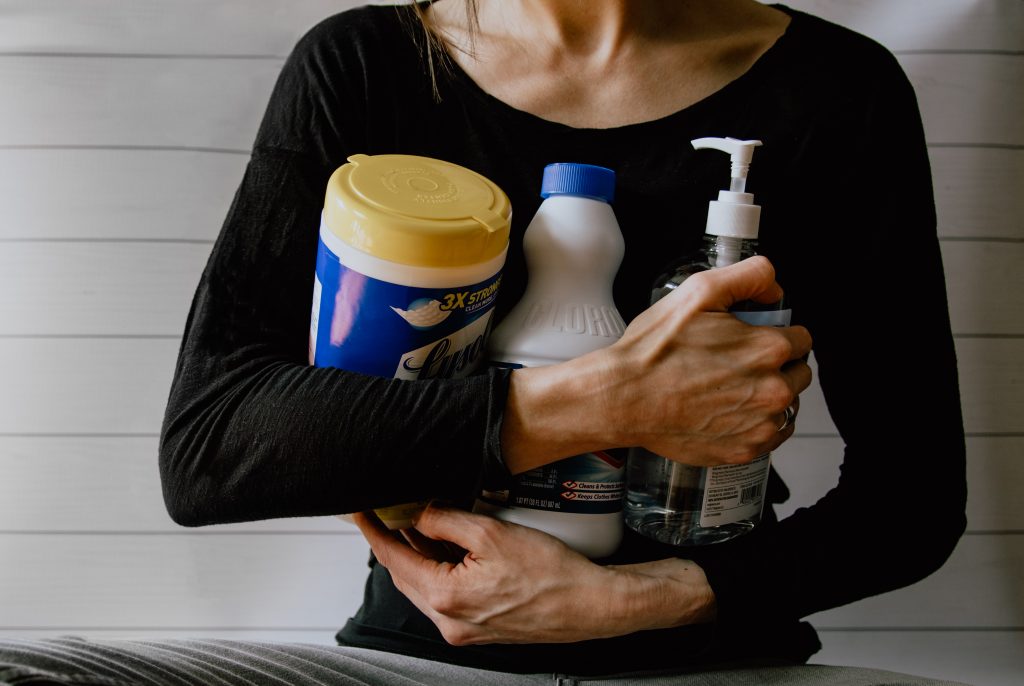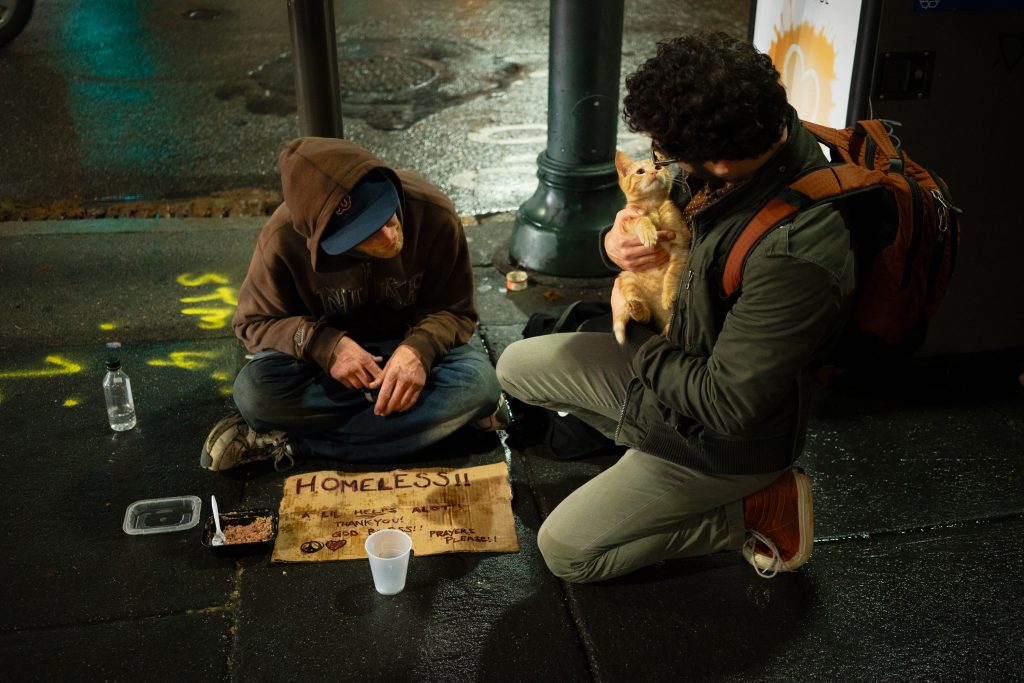UVic, You Must Remain Hopeful: A Guide For The COVID-19 Virus
Since the official transition of face-to-face lectures to alternative lectures, many folks in the UVic community have been left with many intersecting issues with the outbreak of COVID-19. Every day, every hour, health professionals and government officials have been uncovering new breakthroughs into this worldwide pandemic.
But, what can we do as UVic community members? How can we keep at-risk community members safe? How can we continue to learn in a dynamic way when we can’t access the same resources? How can we strive to find hope in a time of uncertainty and, for some, despair?
For the past few weeks, we have been steeped in alarming news, and it is up to us as leaders in our unique academic communities to piece together a narrative that is hopeful, and beneficial to all.
Stay calm. Remain informed.
With many competing narratives within the media right now, we must employ critical reading skills. Evaluate the source of information that you are reading about the COVID-19 virus in concern with its relevance, authority, date of publication, accuracy, and the author’s reasons for writing.
The most accurate sources to check often are the Government of Canada website, Island Health, Health Link B.C., and UVic COVID-19 Updates.
It can be quite emotionally draining reading headlines that are negative such as this. This is a valid sentiment, and you are not alone! Try to remain in contact, if possible, with family and friends. Do something positive for yourself, like meditate, or an activity that can distract you, such as reading a book or watching a movie, for the time being. It is okay to be anxious. Remember to take care of yourself and prioritize your mental health.
It is important to remember that with establishments closing down and programs being adjusted that this is not a permanent outcome of the virus. Every measure taken by many people is done with the utmost effort to protect the risk of transmission to at-risk folks. All we can do is remain hopeful, calm, and willing to do whatever we can to reduce the risk of transmission for others in our communities.
Be prepared, not overprepared.
Lately, you may have been shopping at the grocery store and noticed that many essential items such as toilet paper, bleach, and hand sanitizer are out of stock or in very limited supply. While it is appropriate to make sure you have non-perishable items, please be considerate when shopping for essentials. Many people will be left without these items who are in great need. Please reconsider what you need versus what you are afraid you will run out of in a few month’s time. Consider stocking up on canned soups, pasta, sauces, and frozen foods.
Handwashing is the way to go! Remember at least 20 seconds in warm water with plenty of soap. Get in between your fingers, under your nails, and the backs of your hands. Keep your spaces clean and tidy.
Stay up to date with your professors and course schedules. Remaining lectures and finals are subject to change. Stay on top of your work and create a schedule for yourself to complete classwork and homework in the following weeks.
Consider your privilege. Help others in need.
Every single person is affected by the outcomes and actions of the virus outbreak. With schools closing, gatherings canceled, and some businesses closing it is important to consider not only your personal health and safety but others in our community as well.
Consider the effects on marginalized groups, elderly folks who live alone, the immuno-compromised individuals, international students, and first-year students on campus residence. Also, consider communities in our country that are in unrest or are without clean drinking water. We need to help the most vulnerable people. This can include, staying in isolation from others if you are sick, offering to help buy groceries for someone, offering emotional support, or donating money to a charity or food bank operation.
If you are able, consider the impact you can have on an individual or a community in need. In that respect, you are helping in making the spread and consequences of this virus decline.
For more information, please consult the following authorized resources:
Government of Canada COVID-19 Website







Thanks for writing this up. Makes me feel better. I wish you the best, and everyone that reads this! This inspired me to work on a similar post for my blog and get the message spread.
Yours truly,
Tim
https://timothyrjeveland.com/